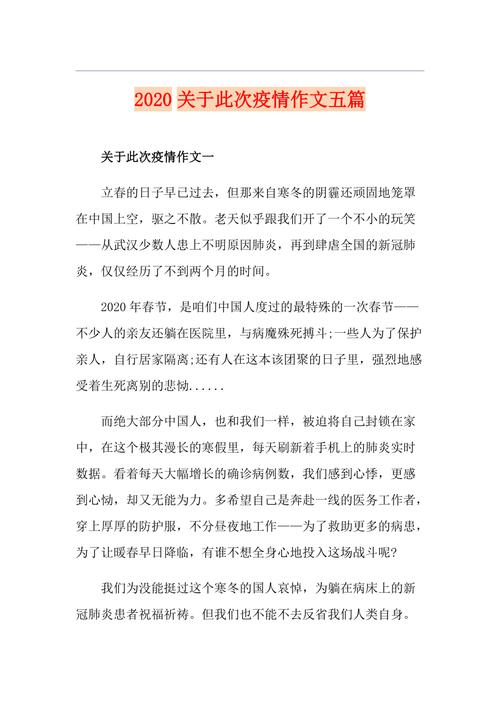1.TelemedicineandRemoteHealthcare
Impact of Technology on Combating the COVID-19 Pandemic
The COVID-19 pandemic has brought about unprecedented challenges to the world, affecting every aspect of our lives. In this crisis, technology has played a crucial role in combating the spread of the virus, providing solutions for healthcare, communication, and remote work. Let's explore the significant impact of technology in the fight against the pandemic:
Telemedicine has emerged as a vital tool in providing healthcare services while maintaining social distancing. Through teleconsultations, patients can receive medical advice, prescriptions, and even mental health support without the need to visit a hospital or clinic physically. This not only reduces the risk of virus transmission but also ensures that individuals continue to receive necessary medical care.
Mobile applications and wearable devices have been developed to track and trace the contacts of individuals who have tested positive for COVID-19. These technologies help health authorities identify potential outbreaks, isolate infected individuals, and prevent further spread of the virus. By monitoring symptoms and movements, technology has been instrumental in controlling the pandemic.
With the implementation of remote work policies, technology has enabled businesses and organizations to continue their operations while ensuring the safety of their employees. Video conferencing tools, project management software, and cloud-based collaboration platforms have facilitated virtual teamwork and communication. This shift towards remote work has also highlighted the importance of digital infrastructure and cybersecurity.

Advancements in technology, such as artificial intelligence and data analytics, have accelerated the process of vaccine development and research. Scientists have been able to analyze vast amounts of data, simulate vaccine candidates, and collaborate globally in real-time. High-performance computing and bioinformatics have been instrumental in understanding the virus and developing effective vaccines.
Social media, websites, and mobile apps have been essential in disseminating accurate information about the pandemic, preventive measures, and government guidelines. Technology has enabled rapid communication with the public, debunked misinformation, and promoted awareness about the importance of hygiene, mask-wearing, and vaccination. Digital platforms have also facilitated community support and solidarity during these challenging times.
The pandemic has underscored the need for robust healthcare systems, emergency preparedness, and technological innovation. Governments and organizations are now investing in digital health infrastructure, AI-driven diagnostics, and supply chain management to enhance their resilience to future health crises. Technology will continue to play a pivotal role in monitoring, responding to, and mitigating the impact of infectious diseases.
In conclusion, technology has been a driving force in the fight against the COVID-19 pandemic, offering solutions to healthcare challenges, communication barriers, and economic disruptions. As we navigate through these uncertain times, it is essential to harness the power of technology for the greater good, prioritize data privacy and security, and collaborate across sectors to build a more resilient and prepared society.
